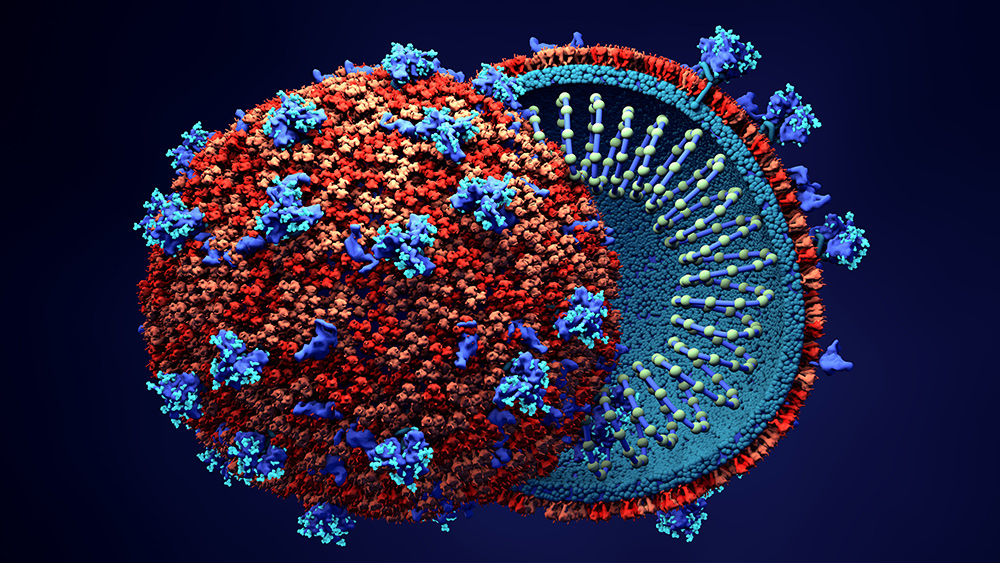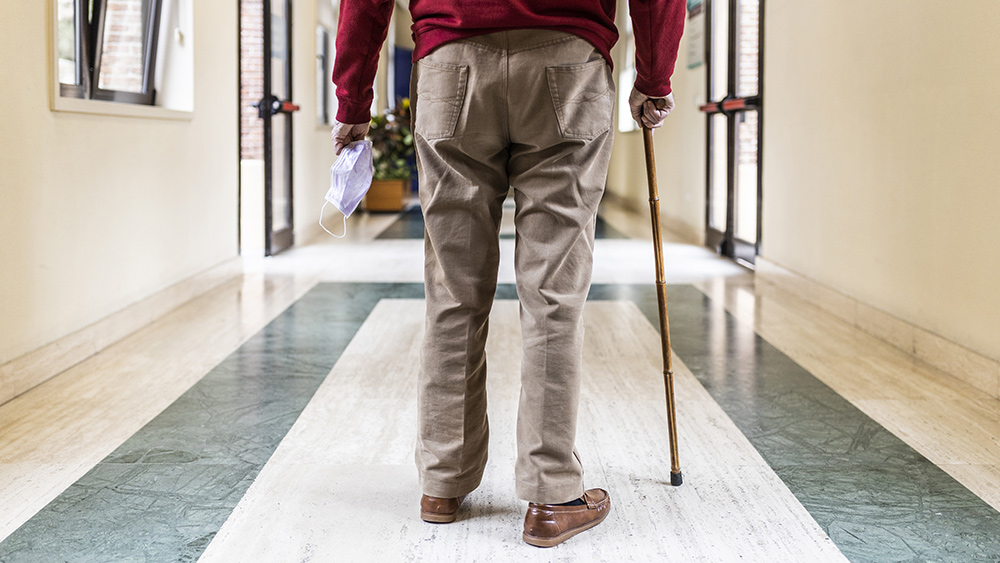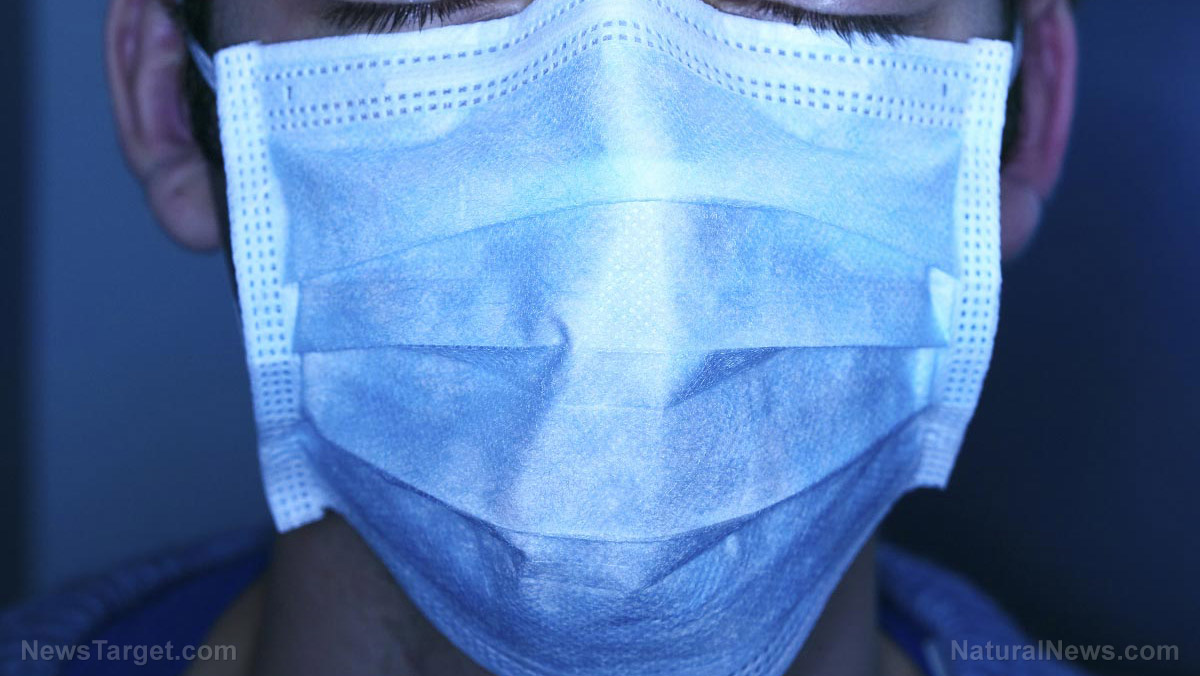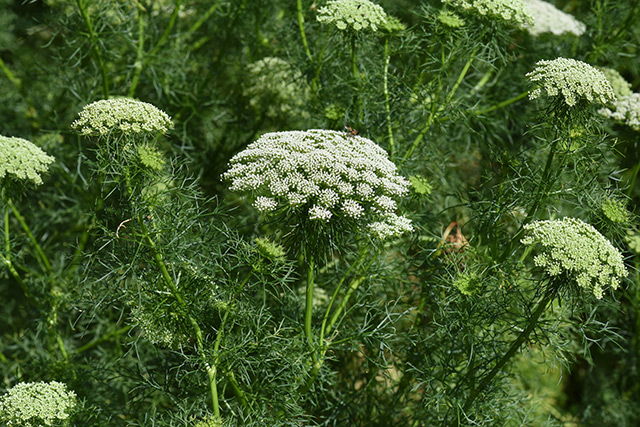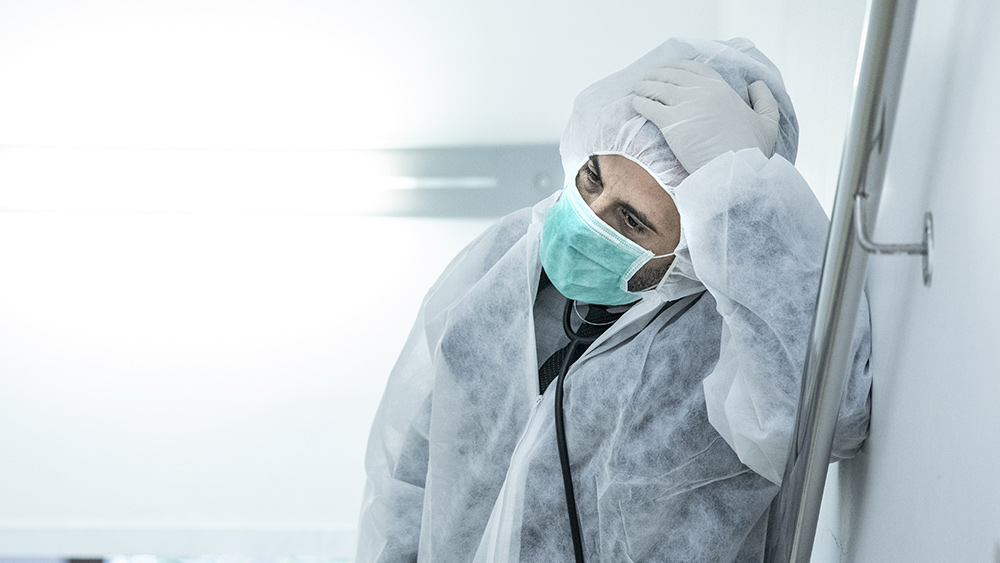Masks protect the nose: Study shows that nasal cells are especially vulnerable to the coronavirus
06/21/2020 / By Franz Walker

New research shows just how important wearing a mask that covers both the mouth and the nose is to preventing infection from the Wuhan coronavirus (COVID-19). A study from the University of North Carolina at Chapel Hill (UNC) suggests that the SARS-CoV-2 coronavirus responsible for the disease tends to become firmly established in the nasal cavity before moving down to the lungs.
“If the nose is the dominant initial site from which lung infections are seeded, then the widespread use of masks to protect the nasal passages, as well as any therapeutic strategies that reduce virus in the nose, such as nasal irrigation or antiviral nasal sprays, could be beneficial,” said study co-senior author Dr. Richard Boucher, director of UNC’s Marsico Lung Institute.
Understanding how the coronavirus works
The goal of the study, which came out in the journal Cell, was to better understand a number of things about the coronavirus. This includes which cells the virus infects in the upper and lower airways and how it gets into the lungs of patients who develop pneumonia.
When the coronavirus infects a person, it targets an enzyme called angiotensin-converting enzyme 2 (ACE2). This enzyme is found attached to the cell membrane of a number of cells in the body and it’s what the SARS-CoV-2 virus uses to infect a cell.
Two other important enzymes that the virus uses are TMPRSS2 and furin. It’s believed that the SARS-CoV-2 virus uses these enzymes to re-shape key virus proteins that enter human cells.
Nasal-lining cells are more vulnerable
In the course of their study, the researchers found that ACE2 was more abundant in nasal-lining cells. Conversely, it was less abundant in the surfaces of cells in the lower airway. According to the researchers, this difference could explain why nasal-lining cells in the upper airway were more prone to infection.
“Every virus has a key on the surface — this one is called the spike protein — and this key opens a lock, and the lock is a [ACE2] receptor, and your nose is just loaded with receptors for this virus,” explained Boucher to the DailyMail.
The study also found that the coronavirus infects airway-lining cells called epithelial cells and, to a limited extent, pneumocyte cells. The latter helps transfer oxygen from the lungs into the bloodstream. However, aside from these, the virus infects almost no other airway cells.
One intriguing observation that the researchers made was that the SARS-CoV-2 virus did not infect the club cells that line the small airways of the lungs. This is despite the fact that these cells express both ACE2 and TMPRSS2.
In addition, the researchers also mapped the sites of coronavirus infection in the lungs of people who had died from COVID-19. Here, they noted that these sites exhibited a sort of patchiness and other characteristics that indicate that the infections in these sites originated from infections higher in the airway.
Wearing masks is important
The findings show that cells in the upper airways, especially in the nasal cavity, are much more susceptible to the coronavirus. In most cases, the virus infects these first, before spreading down to the lungs.
This process of infecting the nasal cavity first underscores the importance of wearing face masks properly to prevent infection.
“It really blooms in the nasal surfaces, “Boucher said. “It really is the nose that is the engine for this thing, so you have to protect it.”
The study is the latest to show how important face masks are to stopping the spread of the pandemic.
However, a number of hurdles have prevented the widespread adoption of masks. In the U.S., the Centers for Disease Control and Prevention (CDC) initially advised against the wearing of face masks, saying that only healthcare personnel needed to do so. It was only in April that the CDC changed its recommendation, advising everyone to wear masks. By then, the virus had already spread across America.
As of reporting time, the U.S. has over 2.1 million cases and 100,000 deaths from the coronavirus, according to data from Johns Hopkins University.
Sources include:
Tagged Under: cell, coronavirus, covid-19, disease, face mask, Flu, infections, masks, nasal cavity, nose, outbreak, pandemic, Pneumonia, research, superbugs, University of North Carolina, virus


